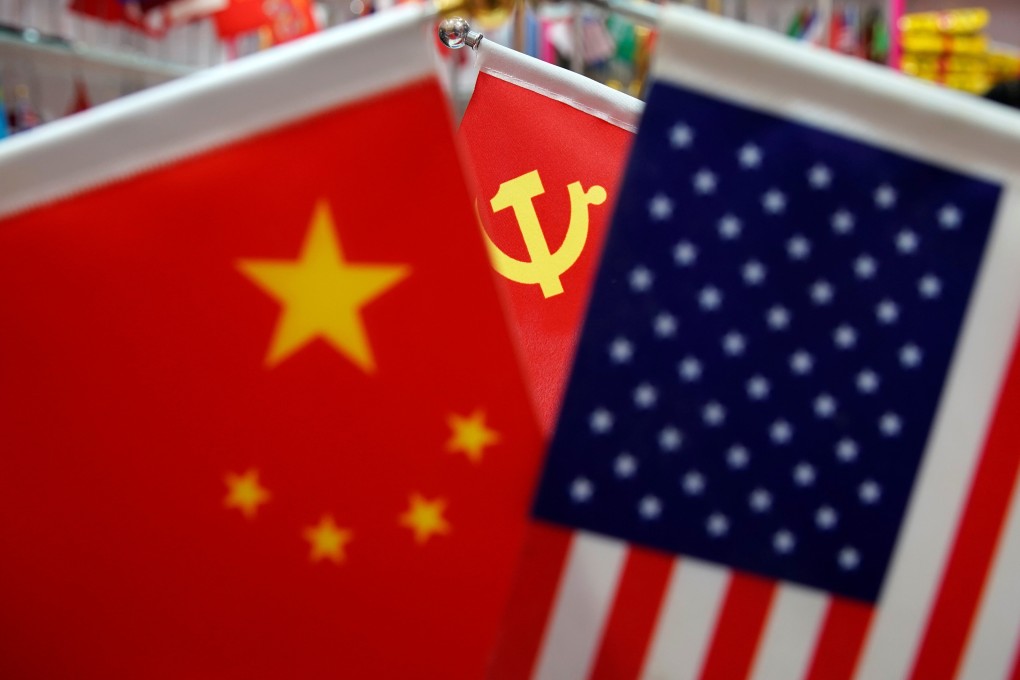Explainer | Communist Party’s little-known department gives China ‘extra hand’ in foreign relations
- Central Committee’s International Department plays an active role in overseas engagement but is largely overlooked
- The ID’s stated aim is to support state diplomacy through party-to-party exchanges

This is the eighth in the South China Morning Post’s series of explainers about China’s Communist Party, in the lead-up to the party’s 100th anniversary in July. Here, Kristin Huang explains the important role of the party’s little-known International Department in China’s foreign relations.
Earlier this year, ID representatives met their counterparts from the Communist Party USA to talk about “international solidarity” and celebrate the two parties’ history and friendship. They also held a video conference with the Communist Party of Britain, in which the localisation of Marxism theory was discussed.
The meetings were typical of the ID’s engagement with other communist parties around the world. Since China’s reform and opening-up policy began in 1978, the ID has expanded its relations with non-communist parties such as social democratic parties, including those not currently in power.
What is the International Department?
The ID was set up in 1951, two years after the foundation of People’s Republic of China, to oversee the party’s relations with foreign communist parties – especially the Communist Party of the Soviet Union, which had a similar International Department.